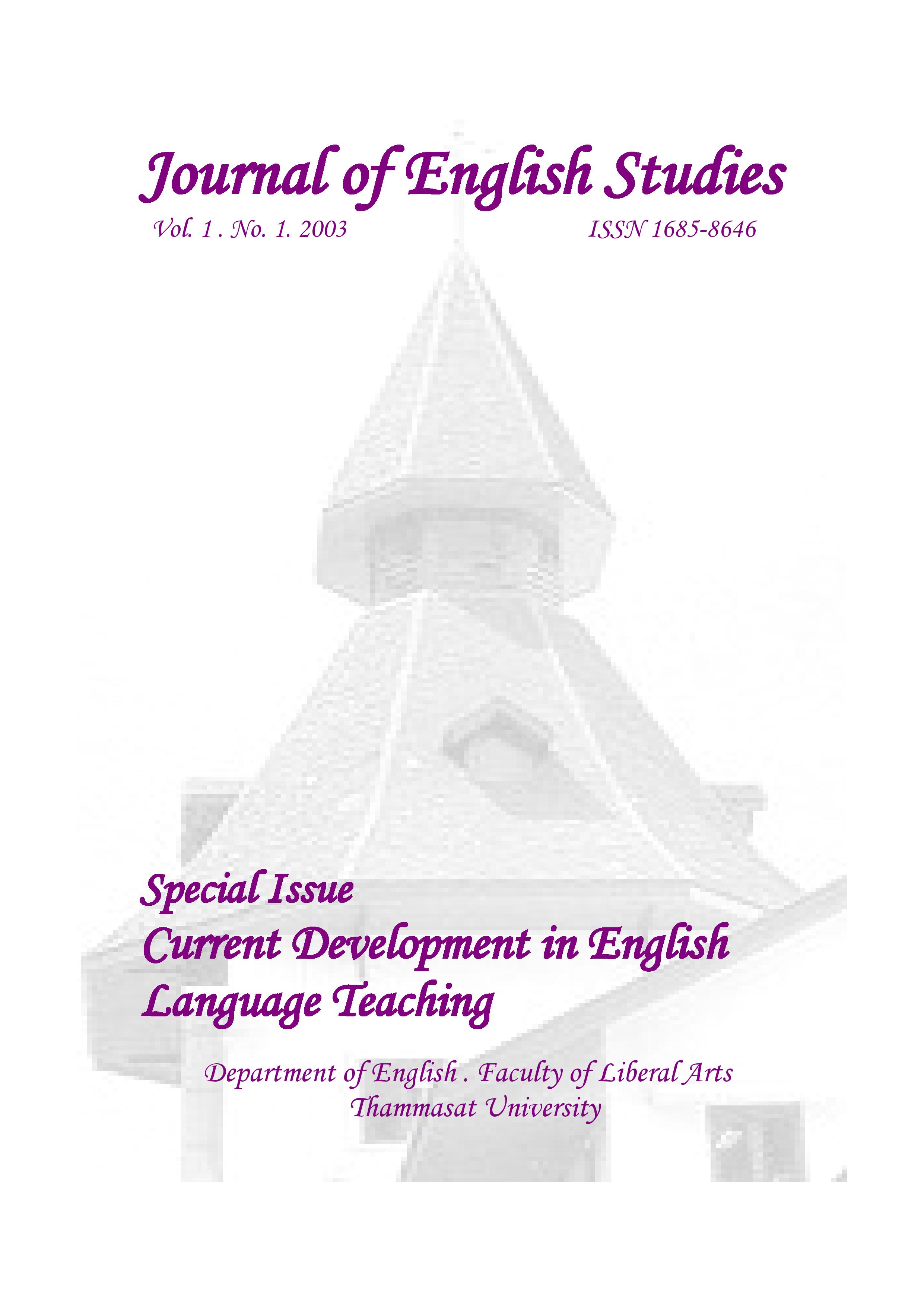A Literature Model of Language Teaching?: A Polemical Question
Main Article Content
Abstract
Picking up on the word "model" in the title, this paper examines the aspects of language that may be viewed as artistic. It makes a case that we need to think and act artistically as teachers in order to enrich the language and the pedagogy we use with our students and colleagues.
After describing some of the ways literature and language people interact or do not interact, the paper sets out three ways of explaining how language is itself an art: in everyday life, in linguistics and in pedagogy. It then describes some ways that some of our current practices are against the values inherent in artistic practice, and offers some remedies for this imbalance in our ways of talking to each other and our students, and in the ways we conceive of our action in the classroom.
The tone of this paper is conversational, as part of the argument is that we need to recognise and develop our artistic voices in English Language Teaching.
Article Details

This work is licensed under a Creative Commons Attribution-NonCommercial-NoDerivatives 4.0 International License.
Authors who publish with this journal agree to the following terms: Authors retain copyright and grant the journal right of first publication with the work simultaneously licensed under a Creative Commons Attribution License that allows others to share the work with an acknowledgement of the work's authorship and initial publication in this journal. Authors are able to enter into separate, additional contractual arrangements for the non-exclusive distribution of the journal's published version of the work (e.g., post it to an institutional repository or publish it in a book), with an acknowledgement of its initial publication in this journal. Authors are permitted and encouraged to post their work online (e.g., in institutional repositories or on their website) prior to and during the submission process, as it can lead to productive exchanges, as well as earlier and greater citation of published work (See The Effect of Open Access).References
M.A.K. Halliday, (1978) Language as Social Semiotic, London: Edward Arnold.
Edward Sapir, (1921) Language: An Introduction to the Study of Speech. NY: Harcourt, Brace


